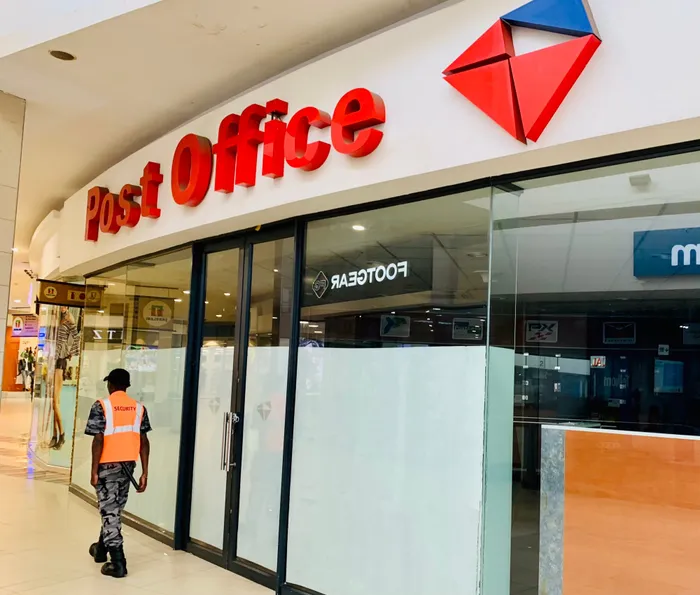Scrutiny mounts over R86 million spent on South African Post Office business rescue

According to the AG report, Sapo is not meeting their payment commitments to their creditors, including statutory creditors, resulting in interest and penalties being charged on late or non-payment.
Image: Independent Newspapers Archives
Parliament's Standing Committee on Public Accounts (Scopa) has expressed serious concerns regarding more than R86 million paid to the South African Post Office (Sapo) business rescue practitioners (BRPs), Anoosh Rooplal and Juanito Damons, since their appointment in 2023.
Members of Parliament on Wednesday questioned the revelation of zero consequence management at Sapo as wasteful and fruitless expenditure was sitting above R200 million since 2021.
This comes as R152m remains unaccounted for in the current year, with further reports of R136m being written off by the BRPs.
"I would like to understand that it is two people, that is already R86m spent on them, please Auditor-General, take us nicely. Did you have sight of what the R86m was paying for? What are the other consultants? What is the period of these people being there," asked MP Veronica Mente-Nkuna.
"History has treated us badly with business rescue We saw with SAA that has turned itself around but the busines rescue process did hot have much contribution in turning it around."
Executives for the Office of the Auditor-General (AG) clarified that the R86m paid to the two practitioners was regulated with caps and rates on what they could charge for, further explaining that they needed to contract independent expertise.
Some of the key things were the actual turnaround plan and implementing the plan as well, They also needed someone on the ground to support management, closing the Section 189 legal involvement, and the involement of other practitioners such as tax, legal, evaluators and others.
According to the AG report, Sapo is not meeting their payment commitments to their creditors, including statutory creditors, resulting in interest and penalties being charged on late or non-payment.
The fruitless and wasteful incurred for the current year was R152m, however R136m was written off as result of the business rescue process for the current year. Similarly, the opening balance was decreased by R484m as a result of the business rescue process.
Sapo’s consequence management for fruitless and wasteful expenditure is inadequate, with delayed investigations, poor record-keeping, and weak disciplinary actions, undermining accountability and allowing financial inefficiencies to persist, the AG reported.
"What is the Sapo’s culture around fruitless and wasteful expenditure is marked by weak accountability, poor financial management—such as entering contracts without cash flow confirmation—and a tolerance for inefficiency, resulting in repeated financial losses," noted the AG report..
"Its consequence management is reactive and permissive, with delayed actions often justified by financial difficulties, undermining effective financial control."
The AG said weak internal control environment around cashflow management, ineffective contract management, and lack of accountability were the main contributing root cause to the culture Sapo’s fruitless and wasteful expenditure.
Cash flow constraints further delay payments, leading to avoidable costs such as interest and penalties.
The AG said weak consequence management stemmed from lack of leadership and oversight, delayed investigations, inadequate disciplinary action, and poor record-keeping of evidence supporting fruitless and wasteful expenditure cases, often excused by financial difficulties.
The AG said executive management must enforce accountability on all responsible officials accountable for financial decisions and contract management through capacitating the Financial Misconduct Committee (FMC) in order to change the culture of fruitless and wasteful expenditure.
It also recommended that the board to be appointed should strengthen oversight over the FMC, and the Department of Communications and Digital Technologies, together with the board, should ensure strict monitoring and consequence management.
BUSINESS REPORT